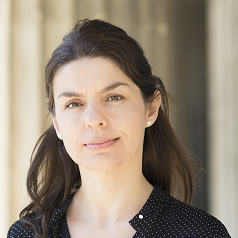Artificial Intelligence (AI) algorithms are widely employed by businesses, governments, and other organizations in order to optimize efficiency and effectiveness of operations, trying to reduce unnecessary efforts and waste of natural resources and leading to greater overall satisfaction of citizens and customers.
While traditional algorithms are hand-coded by a programmer to solve a problem step-by-step, in the AI-age algorithms are generated automatically from data using powerful Machine Learning (ML) algorithms allowing previously unthinkable optimizations in the automation of expensive human decision-making. Such AI-based decision-making happens in almost all aspects of our lives, deeply affecting everyone, anywhere, anytime.
A 2018 Communication from the European Commission 1 compares the impact of AI with the impact of steam engines and electricity, and postulates that “the way we approach AI will define the world we live in” and that “amid global competition, a solid European framework is needed”. Examples of transformation through AI include autonomous driving, science discoveries, credit and insurance ratings, medical diagnoses and whether we will receive treatment or not, pricing of goods and services, which jobs we are offered, or which news stories we see online influencing even our voting behavior.
The core objective of NoBIAS is to research and develop novel methods for data-driven decision-making without bias. NoBIAS will deliver a young cohort of researchers trained to identify biased and discriminating data-driven decision-making and able to provide solutions that reconcile and fully exploit business opportunities worth billions of Euro with all relevant legal and social norms.
European Union’s Horizon 2020 research and innovation programme under the Marie Skłodowska-Curie grant agreement no. 860630
Gottfried Wilhelm Leibniz Universität Hannover, GESIS, Schufa Holding AG, Centre for Research and Technology Hellas, University of Pisa, Open University UK, University of Southampton, KU Leuven, University of Klagenfurt





